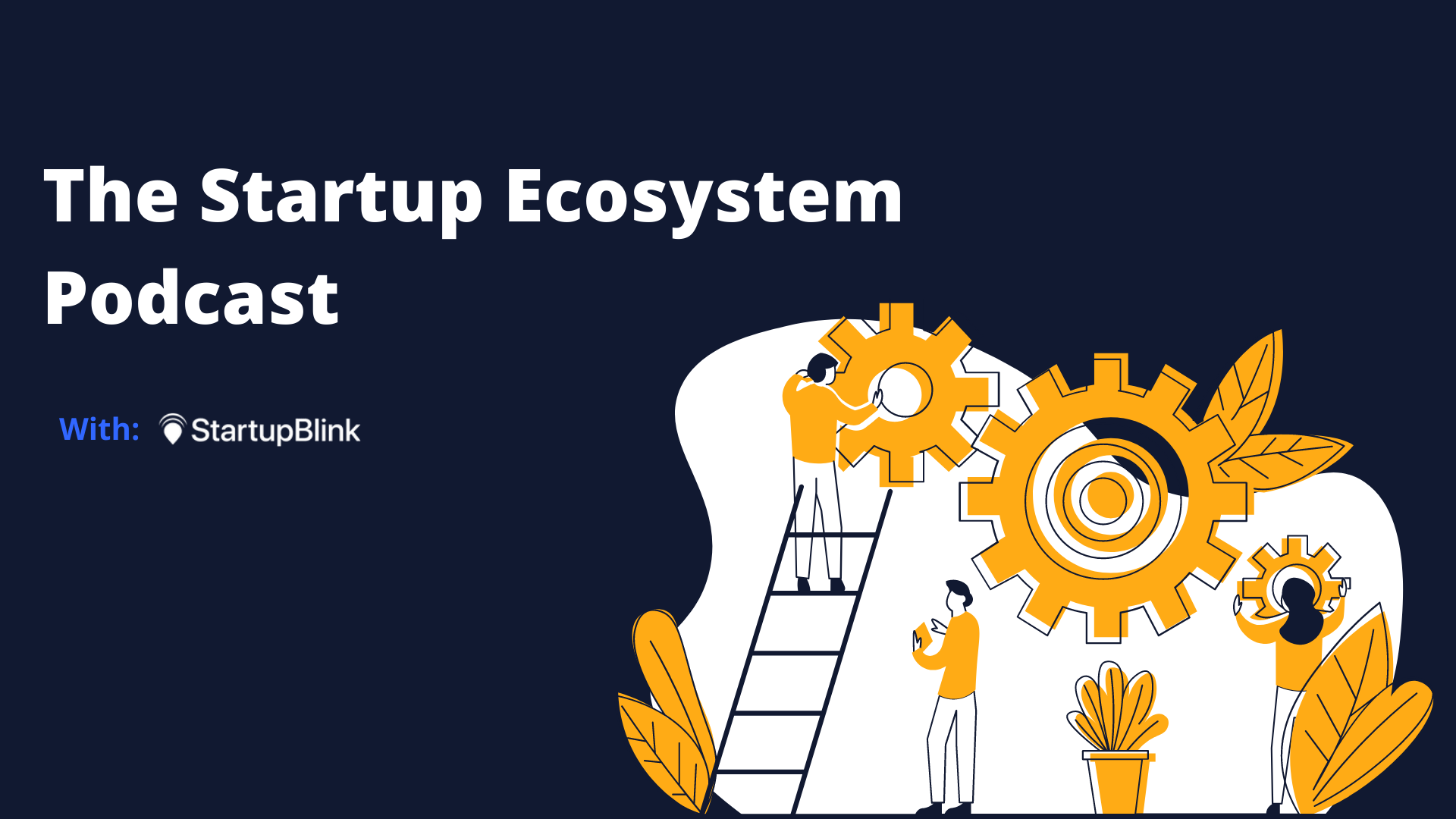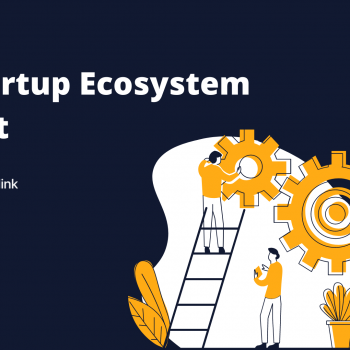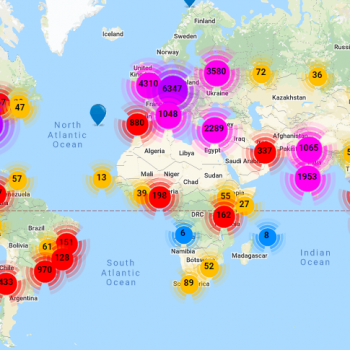In this episode, Martin Jordana and Eli David discuss how a government can damage the startup ecosystem and what should be the right approach to elevating it. If you want to learn more about building a healthy startup ecosystem, listen and get more insights!
Three Government Types in Startup Ecosystem Development
At StartupBlink, we often say there are three types of governments: highly bureaucratic, ignorant, and involved. As a public sector ecosystem developer, choosing your position in regard to the ecosystem should depend on the current stage of your ecosystem. . However, we often notice that bureaucratic governments have a lot to lose.
1. A Lot of Bureaucracy Poisons the Ecosystem
The first type of government is characterized by bureaucracy, red tape, rules, and regulations that prevent startups from taking speedy actions and growing. We believe a government should avoid:
- Overregulation & Protectionism: Extremely high regulations harm startups, especially in their early stages, because startups are agile organizations and need short cycles to continue growing. Likewise, protectionism can discourage startups from building a venture in an ecosystem. Startups are experimental by nature, and policies that make it extremely difficult to fire an employee can create management problems in startups.
- Unfavorable Tax Policies: Tax policies that are not favorable for new businesses are a burden for startups. High corporate tax raises barriers to building a startup and risks profitability in the early stages.
- Brain Drain: Losing top talent is the biggest tragedy for a startup ecosystem. If the quality of living is low and there is low availability of opportunities, most likely, your talent will leave the ecosystem.
In short, the government should ensure its policies and regulations are not damaging the ecosystem. Once a government harms the ecosystem, reversing the mindsets takes a long time. According to Eli David, startups are changing reality. If a government sticks to a reality that no longer exists, undoubtedly, entrepreneurs will build their startups elsewhere.
2. To Ignore or Not To Ignore
The second type of government is the one that is ignorant about its startup ecosystem. This is not necessarily a bad thing. For example, if your ecosystem is thriving, ignoring it to the extent that you are not poisoning it with protectionist policies makes sense.
On the other hand, government involvement is critical if an ecosystem is underperforming. An underperforming ecosystem has nothing to lose, and it is open to experimentation.
3. Real Win: Macro Level Involvement
Government involvement has micro and macro levels. Micro-level activities include bringing accelerators to the ecosystem, building free coworking spaces, and picking the best startups to support. These work best for ecosystems in the early stages and should be done only until the ecosystem starts growing. If your ecosystem development practices fixate on micro-level activities, stimulation in the ecosystem will be artificial. One negative outcome can be “necessity entrepreneurs” who are building things for the benefits coming from the government.
Macro-scale activities do not harm startup ecosystems regardless of their stage. As the ecosystem grows, a government’s approach must be on the macro scale. Some examples of macro-scale activities are:
- Gathering feedback and data about your ecosystem
- Improving the data flow between stakeholders
- Improving the policies
- Creating an unfair advantage
- Promoting your ecosystem
Government Activities that will boost your Ecosystem
1. Gathering Feedback and Data about the Ecosystem
It is always helpful to listen to what the stakeholders say about your ecosystem. In our consulting projects, we observed that the critical problems of ecosystems are frequently expressed by the stakeholders like entrepreneurs, mentors, and investors.
We also strongly advise building a database to track what is happening in the ecosystem. You can learn more about the importance of building a startup ecosystem database for your ecosystem in this article.
2. Improving the Data Flow
It is important to keep the stakeholders informed and connected to bolster innovation and collaboration. You can do that through social media, newsletters, press as well as, and ecosystem portals or websites. In this way, you are creating opportunities for the ecosystem players to network and stay informed.
3. Constantly Improving Policy
Startups are innovative, so government policies should constantly improve to keep up with startup innovation. Governments that do not keep their policies aligned with the new trends can lose momentum at some point.
4. Creating an Unfair Advantage
As an ecosystem developer, you need to be able either capitalize on your advantages and create new opportunities. For example, Start-up Chile provides equity-free funding for global startups, while Estonia’s E-Residency, enables non-residents to access company formation, banking, payment processing, and taxation.
5. Promoting your Ecosystem
As we always say, if you can do one thing for your ecosystem, do promotion. Some ecosystems fear overselling, and some believe they have nothing to promote. The truth is, as Eli David said, “there is no fine line in promotion; you always win.”
Governments should act like a startup, create a narrative for the ecosystem, and ensure that people worldwide know what’s happening in their ecosystem.
Lisbon is a great example of how the promotion of the ecosystem through Web Summit paid off. When it was first launched, invested money was huge, but after a few years, it is visible that you just need one unicorn to get a return on your investment.
All in all, micro-level involvement makes sense in the early stages, but our recommendation is to integrate promotional activities into your ecosystem development practices, regardless of your ecosystem’s stage and readiness.
About Us:
StartupBlink is the world’s most comprehensive startup ecosystem map and research center, working with over 100 government entities worldwide. StartupBlink’s global startup ecosystem map has tens of thousands of registered startups, coworking spaces, and accelerators, creating a robust sample of innovation globally.
Listen on:








